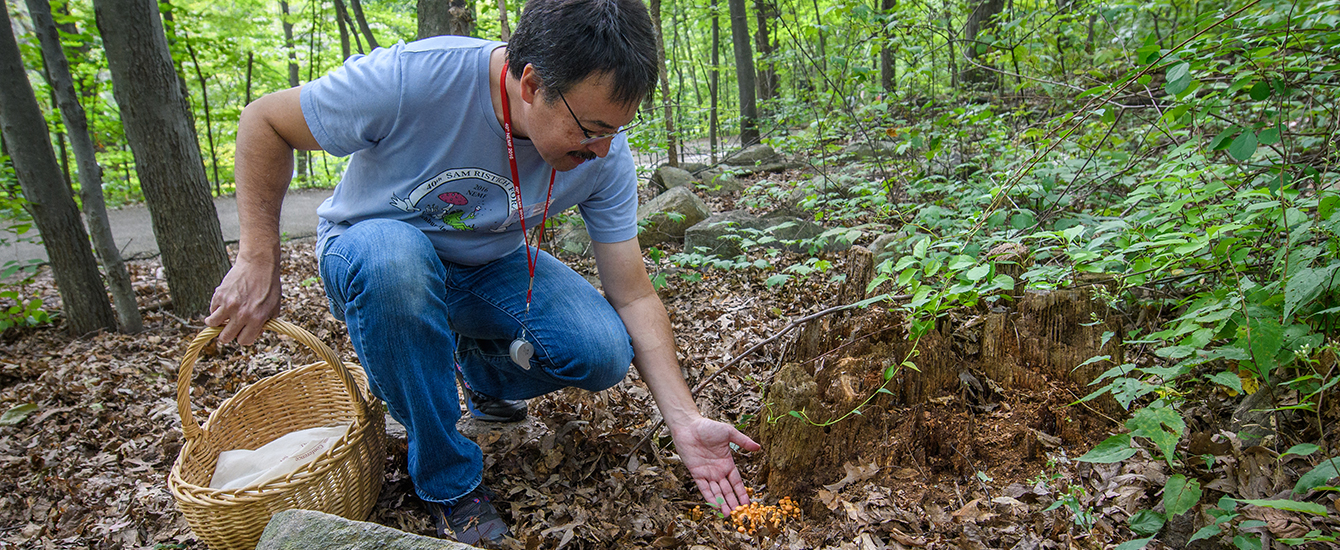Biology
Document Type
Article
Abstract
Mosquitoes have profoundly affected human history and continue to threaten human health through the transmission of a diverse array of pathogens. The phylogeny of mosquitoes has remained poorly characterized due to difficulty in taxonomic sampling and limited availability of genomic data beyond the most important vector species. Here, we used phylogenomic analysis of 709 single copy ortholog groups from 256 mosquito species to produce a strongly supported phylogeny that resolves the position of the major disease vector species and the major mosquito lineages. Our analyses support an origin of mosquitoes in the early Triassic (217 MYA [highest posterior density region: 188–250 MYA]), considerably older than previous estimates. Moreover, we utilize an extensive database of host associations for mosquitoes to show that mosquitoes have shifted to feeding upon the blood of mammals numerous times, and that mosquito diversification and host-use patterns within major lineages appear to coincide in earth history both with major continental drift events and with the diversification of vertebrate classes. © 2023, Springer Nature Limited.
Publication Title
Nature Communications
Publication Date
12-2023
Volume
14
Issue
1
ISSN
2041-1723
DOI
10.1038/s41467-023-41764-y
Keywords
disease transmission, disease vector, host use, mosquito, mosquitoes, phylogeny, Triassic, vertebrate
Repository Citation
Soghigan, John; Sither, Charles; Justi, Silvia Andrade; Morinaga, Gen; Cassel, Brian K.; Vitek, Christopher J.; Livdahl, Todd P.; Xia, Siyang; Gloria-Soria, Andrea; Powell, Jeffrey R.; Zavortink, Thomas; Hardy, Christopher M.; Burkett-Cadena, Nathan D.; Reeves, Lawrence E.; Wilkerson, Richard C.; Dunn, Robert R.; Yeates, David K.; Sallum, Maria Anice; Byrd, Brian D.; Trautwein, Michelle D.; Linton, Yvonne-Marie; Reiskind, Michael H.; and Wiegmann, Brian M., "Phylogenomics reveals the history of host use in mosquitoes" (2023). Biology. 10.
https://commons.clarku.edu/faculty_biology/10
Creative Commons License

This work is licensed under a Creative Commons Attribution 4.0 International License.


